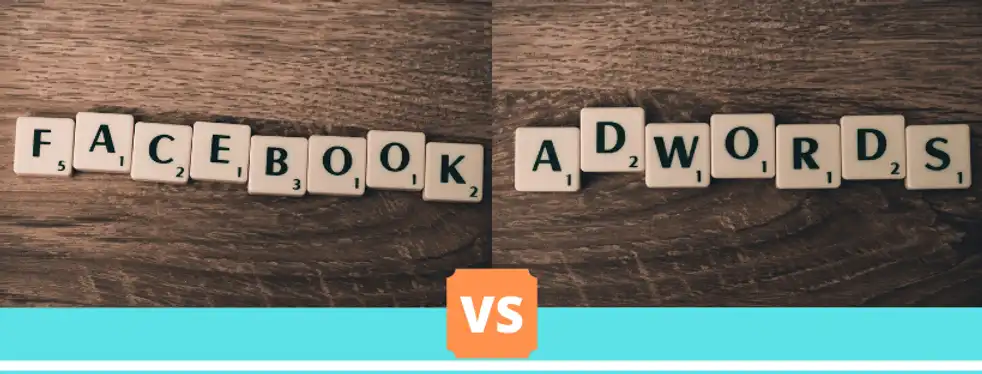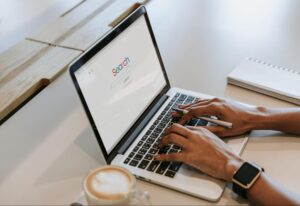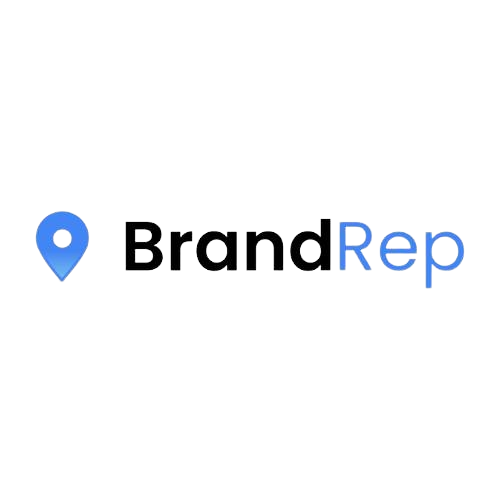You’ve started your business, and you’re ready to utilize online ads to help expand and grow! But with so many programs to choose from, which ad platform should you use?
Both Google Ads and Facebook Ads offer great opportunities since they’re the top two pay-per-click (PPC) advertising platforms used by businesses. Though they’re the most popular for PPC, they don’t necessarily function in the same way.
It all comes down to the intent and goals of what your company wants to accomplish by using online ads in the first place.
Before creating an ad strategy and figuring out which platform to use, let’s first describe precisely what Google Ad Words and Facebook Ads are.
What Are Google and Facebook Ads?
For starters, an Ad platform allows users to put their advertisements in front of online users. This resembles an interactive billboard that will enable companies to reach an audience tuned to most likely respond to your message.
Now how the message is presentable to users changes between Google and Facebook Ads. What doesn’t change is that utilizing these online ads is an effective way to reach the audience that best fits your product or service.
Facebook Ads – Paid Social Advertising
There are 2.8 billion daily users in the Facebook family of programs. 2.8 billion daily. The social reach that Facebook has makes utilizing Facebook Ads worthwhile.
Facebook focuses on putting your ads in front of the social users who are most likely to purchase your product or service. The only difference here is the intent of the users. Since Facebook is a social media platform, those who are viewing your ads won’t be looking to purchase anything at the moment.
Instead, Facebook works to help users find businesses based on the things they’re interested in and consider the way they behave online. Most directly, Facebook helps new customers find you.
“Instead, Facebook works to help users find businesses based on the things they’re interested in and takes into account the way they behave online.”
Facebook also allows you to have a vast amount of potential for your demographic by utilizing lookalike audiences.
By uploading customer information received from previous campaigns or by your data metrics, Facebook can accurately pull that information and create an authentic audience for your ads to target.
This creates the ideal customer and finds other groups of people that share the same interest to maximize the impact of your ad.
For example, imagine a pizzeria with a live band that plays every weekend in your store. To advertise, you can choose parameters such as:
- Customers with an affinity for pizza and beer
- Layer it above your geographic area
- Create an audience that has taken action on your ads or visited your website in the past
- Create a lookalike audience based on the top-spending online customers
Your ads are now targeting a smaller demographic but a more accurate one. You will be seen in front of users with the same likes and interests that would most likely visit on the weekend to hear a live band and eat pizza with the family.
Even after the ad has gone live, you can create a lookalike audience for those who interacted with the ad. This now gives you an even more accurate audience to work with, making Facebook a great way to get new customers that match your business goals.
Google’s Ad Words: The King of Paid Search
By far the biggest platform to use paid search: Google’s Ad Words. It is usually the first platform people think of when PPC is thrown around. That being said, Google’s audience has a different intent and mindset than Facebook’s audience.
When users see Google’s ads, it’s usually because they are searching for a product and service using specific keywords that your ads are targeting. This means the users have a problem, and your business is offering them a solution through your ads.
In a sense, Adwords will help you connect to new customers searching for your product or service.
With 3.5 billion search queries daily, Google offers an advantage for ads to access a potential audience of users and be put in front of their sights. Since your audience is actively searching for solutions to their problems, your ad is in a prime spot to be that solution.
What Should You Know Before Utilizing Ads For Your Business?
Don’t let Pay Per Click advertising fool you into believing that the company with the highest bid wins. That can’t be furthest from the truth.
If you have a clear understanding of the end goal of your paid ads, then you have half of the process figured out. Before you can begin, you need to answer a couple of questions to set yourself up with the best foundation for your ad campaign.
What Is Your Goal?
To put it simply, what type of traffic do you want your ad to attract?
Were you looking to gain more clicks for your website, or are you more focused on getting calls to your business? Focusing on getting the attention of a broad audience or turning a product/service for revenue is an important distinction.
Understanding the goal of your ad campaign will help you decide which ad platform to choose. Google has a better chance of finding a user already searching for the product or service you are selling. At the same time, Facebook is an excellent way to inform users who enjoy pizza around your area about your promotions.
Who Is Your Audience?
Understanding your demographic is key to succeeding with your ads. The audience you believe would want your product or service may not always be the interested demographic.

To find your audience, it is best to create a customer profile to reach your target audience. Without having a customer profile, you are driving your business with your eyes closed.
Many small businesses may not be aware of this step and will go ahead and create ads that focus on the strengths of their product or service. This isn’t recommended. You are better off understanding your typical customer first and tailor the ads to fit their needs. It is easier to convert someone to purchase what your business offers if they’re the type of consumer who already buys your products.
Don’t know where to start? Look at your competitors and see what type of people purchase their products. Other things to consider are:
- Demographics: Age, Location, Gender, Income, Education, Ethnicity
- Psychographics: Personality, Attitudes, Values, Interest, Lifestyle
Figuring Out Your Budget
Understanding your budget means you can understand the reach your ads will have. That puts you ahead of most of the competition. This information can help you plan out more tactfully how you will approach and launch your ads.
Having a bigger budget does not mean you’ll have a more extensive reach. First comes optimization. Or more people are clicking on your ads. Though Facebook and Google treat your money differently, there are some basic things you can do to best optimize your ad potential.
Focusing on these factors, your business should be able to understand your:
- Keywords: Figure out which keywords your company wants to target and which ones you can feasibly go after. Learn to find long-tail keywords that are cheaper than generic keywords. This is important since pricing can vary dramatically based on the industry.
- Daily Budget: When figuring out your ad budget, most people focus on the monthly sum. It’s best to see how Google will process it per day. Get your monthly budget and divide it by 30.4 to receive your daily funding for your ads.
- Lifetime Customer Value: Figuring out how much, on average, a regular customer spends on your business is essential. It will help you determine how much you can pay to acquire a new customer. Use this when figuring out your budget.
When Should You Use Google Ads vs. Facebook Ads?
Once you have a basic understanding of your goals and know how to optimize your ads best, you’re ready to choose which platform fits you best!
Remember, Google ads are intent-based, meaning your users are looking for an answer to their problem. This can be anywhere from people looking for a mechanic or a lawyer to finding the perfect hat to complete their look. These users are searching for your product/service and, if done right, your ads will be the first thing they see.
Google Ads is best utilized for businesses with a product and service to give, not necessarily those looking to raise awareness. This is where Facebook comes in.
Facebook is a social platform that people interact with and use to entertain them. These users aren’t necessarily searching for a product or service at the moment. When using Facebook Ads, you are putting your product/service in front of users who are the most likely to purchase your product based on customer data.
Why Not Both?
In reality, a good PPC campaign will combine both platforms and gain the benefits of exposing both their brand and their product/service. This tactic compliments both and gives your business the advantages and strengths of being on the two biggest ad platforms.
Now that you understand the different intents of the users that use the other platforms you’ll be advertising to; it’s best to create two different strategy plans. If you’re selling a product/service, continue to advertise to customers on Google Ads. When you have a sale and want to promote awareness, use Facebook to expose it to as many interested parties as possible.

Equipped with this knowledge, your business will start to grow and expand in sales and online interactions. Couple this with an excellent social media presence; your business will also begin to have a loyal fan base.
PPC is a powerful tool that can bring companies plenty of leads and sales. A business must understand how to best format and optimize for the best results. It saves money, time, and the headache of not understanding why your ads are not providing results. Combine your platforms and begin seeing the results that your business deserves.













